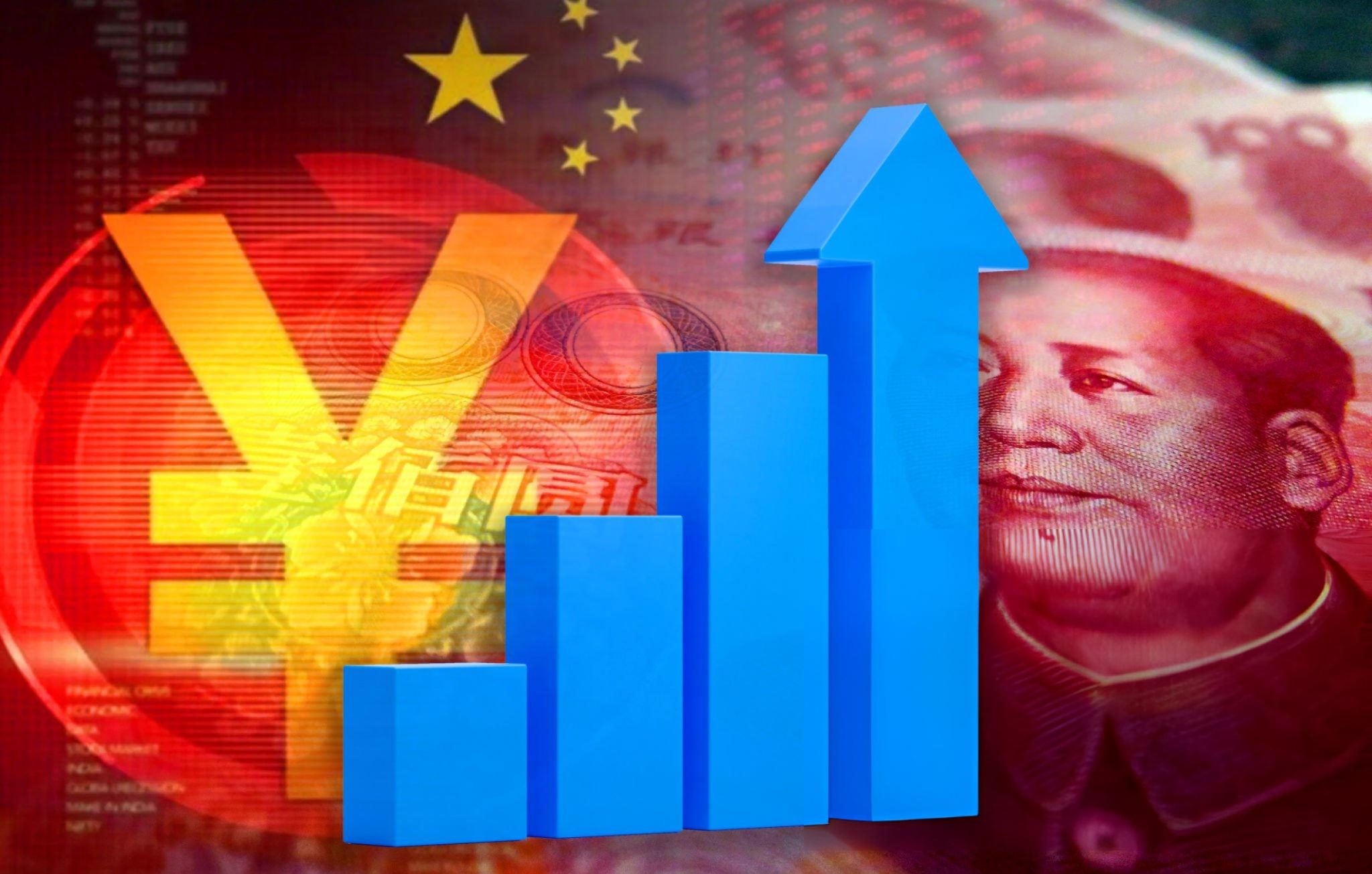China’s top leadership vowed on July 18 to address the “risks” plaguing the country’s economy, but despite growing concerns over a property debt crisis, weakening consumption, and an ageing population, no concrete measures were announced. The statement came after the Third Plenum of the Communist Party in Beijing, a key political meeting attended by President Xi Jinping, which ended without the much-anticipated major policy shifts that could help alleviate the country’s deepening financial woes.
The world’s second-largest economy has been facing a series of economic challenges, most notably a struggling real estate sector weighed down by massive debt, a slowdown in consumer spending, and demographic pressures caused by an ageing population.
Limited policy announcements from the third plenum
All eyes had been on the Third Plenum meeting, traditionally a venue for the unveiling of significant economic reforms. However, few new policies emerged as the meeting concluded on Thursday. Instead, leaders reaffirmed their commitment to addressing risks in key sectors without offering any specific solutions.
According to state news agency Xinhua, the leadership agreed to “prevent and resolve risks in key areas such as real estate and local government debt.” They also pledged to “actively expand domestic demand” as the country grapples with sluggish retail sales, which grew by just 2% in June, a significant indicator of weakening consumption.
Gary Ng, a senior economist at Natixis, remarked that the meeting offered “nothing out of expectation as it just confirms existing policies,” indicating that the anticipated policy shift to rescue the economy may still be a long way off.
Market failures and recognition of risks
Experts, including Hoo Tiang Boon from Singapore’s Nanyang Technological University, noted that the official statements acknowledged the economic risks China faces but left uncertainty about how to resolve them. “It’s a sign that Beijing recognises the problems, but I’m not sure if they know what are the effective measures to address them,” Hoo said.
The Third Plenum has historically served as a platform for announcing major economic reforms. In 1978, the meeting was used by then-leader Deng Xiaoping to launch market reforms that set China on a path to rapid economic growth. In 2013, it was a venue for pledges to give the free market a “decisive” role in resource allocation. However, this year’s meeting echoed past commitments to market mechanisms but added that the government would step in to “make up for market failures.”
Economic challenges persist
China’s economic slowdown has raised alarm, particularly after second-quarter growth figures showed a 4.7% expansion, the slowest pace since early 2023, when the country was emerging from its stringent zero-COVID policies. This figure fell short of the 5.1% growth expected by analysts polled by Bloomberg and has sparked concerns about the overall trajectory of the Chinese economy.
Beijing has set a growth target of 5% for the year, a rate that, while enviable for many Western economies, is significantly lower than the double-digit growth that fueled China’s economic boom for decades. The slow recovery is contributing to a cycle of low consumer confidence and subdued spending, further complicating the government’s attempts to stimulate growth.
The real estate Crisis
Among the most pressing issues facing the Chinese economy is the crisis in the property sector. Once a critical driver of economic growth, the real estate sector has been hit by unsustainable debt levels, with some of the country’s biggest property developers on the brink of collapse. Although the Third Plenum identified the real estate crisis as a priority, no detailed plans to stabilize the market were announced.
Lynn Song, ING’s Chief Economist for Greater China, noted that while the meeting offered some “positive signals,” those expecting specific stimulus measures for the property market would likely be disappointed. “There was no further mention of expanding affordable housing nor further specifics on efforts to stabilise the property market,” Song said.
Political changes and uncertainty
In addition to the economic discussion, the meeting also saw significant political moves, with the formal removal of former foreign minister Qin Gang from the Communist Party’s highest decision-making body, and confirmation of the expulsion of former defense minister Li Shangfu.
As China faces mounting economic challenges, the Third Plenum’s limited policy announcements suggest that more comprehensive reforms may be needed to stabilize the economy and address the growing risks in key sectors like real estate and consumption.







